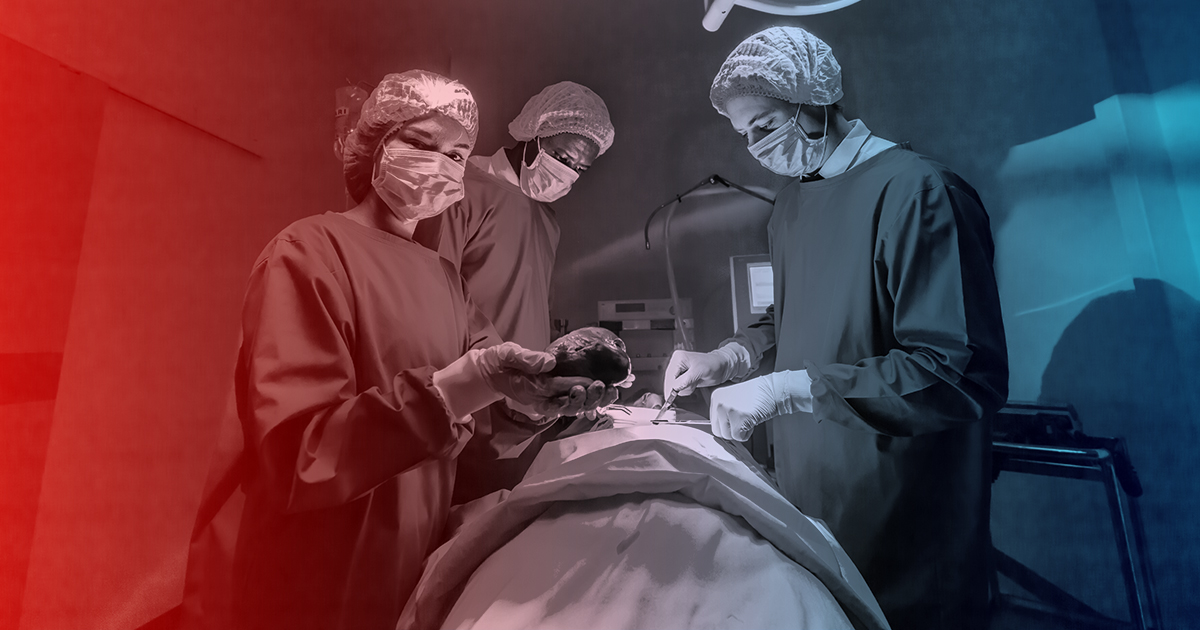
Organ transplantation is a medical marvel that has transformed countless lives, offering a second chance to those grappling with life-threatening organ failures. However, the success of this life-saving procedure is hindered by persistent challenges, most notably organ shortages and the agonizingly long waiting lists. In this blog post, we’ll delve into the difficulties faced by patients in need, explore the root causes of organ shortages, and discuss potential solutions to bridge the gap between supply and demand.
The Dire Reality:
Organ shortages are a global concern, affecting millions of patients awaiting transplantation. According to the World Health Organization (WHO), the demand for organs far surpasses the available supply, leading to extended waiting times and, tragically, loss of life. The waiting lists for organs, such as kidneys, hearts, livers, and lungs, continue to grow, leaving patients and their families in a perpetual state of uncertainty and anxiety.
Challenges Faced by Patients
- Long Waiting Times: Patients often wait for years before receiving a suitable organ, leading to deteriorating health and a diminished quality of life. The psychological toll of uncertainty and the fear of not receiving an organ in time can have profound effects on patients and their families.
- Increased Mortality Rates: Extended waiting periods contribute to a higher mortality rate among patients awaiting transplantation, emphasizing the urgent need for solutions to expedite the process.
- Inequitable Access: Socioeconomic factors can affect access to transplantation services, creating disparities in organ allocation and limiting the chances for those with limited resources.
Root Causes of Organ Shortages
- Insufficient Donor Pool: The primary cause of organ shortages is the inadequate number of available donors. The gap between organ demand and donor availability widens each day.
- Legal and Ethical Challenges: Legal and ethical issues surrounding organ donation, such as consent, organ trafficking, and cultural beliefs, can impede efforts to expand the donor pool.
- Logistical and Infrastructural Barriers: Challenges in transporting organs safely and efficiently, as well as the lack of proper infrastructure in some regions, contribute to the difficulty in matching donors with recipients.
Potential Solutions
- Organ Donation Awareness Campaigns: Increasing public awareness about the importance of organ donation through educational campaigns can help build a larger and more diverse donor pool.
- Opt-Out Organ Donation Systems: Implementing opt-out organ donation systems, where individuals are presumed to consent to organ donation unless they explicitly opt out, has proven effective in some countries.
- Advanced Technologies: Utilizing advancements in medical technologies, such as 3D printing and organ bioengineering, holds promise for creating artificial organs and reducing dependence on donor availability.
- Streamlining Organ Allocation Policies: Continuously refining and improving organ allocation policies to ensure fairness, transparency, and prioritization of those in critical need can contribute to a more efficient system.
- International Collaboration: Collaborative efforts between countries and organizations to address global organ shortages can involve sharing best practices, standardizing procedures, and creating a more interconnected transplantation network.
Organ shortages and lengthy waiting lists remain formidable challenges in the field of transplantation, impacting the lives of countless individuals. Addressing these issues requires a multifaceted approach, combining public education, policy reforms, technological innovation, and international collaboration. In the quest to overcome the challenges of organ shortages and lengthy waiting lists, collaboration with trusted partners in the healthcare industry becomes paramount. By working together, we can strive to bridge the gap between organ supply and demand, offering hope and a renewed chance at life for those in need.
Shinon Healthcare has established itself as a reliable and compassionate partner, facilitating seamless medical journeys for patients in need of organ transplantation. Our expertise in navigating the complexities of healthcare systems, coupled with a commitment to patient-centric care, positions us as an invaluable ally in the pursuit of timely and efficient organ transplants.
As we navigate the challenges ahead, Shinon Healthcare stands as a beacon of hope, illustrating the positive impact that strategic partnerships can have in transforming the landscape of organ transplantation. Together, we move closer to a future where every patient in need receives a timely and lifesaving organ transplant, fostering a world where health knows no boundaries.